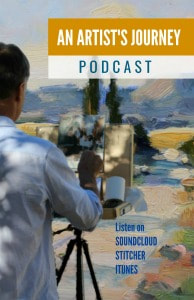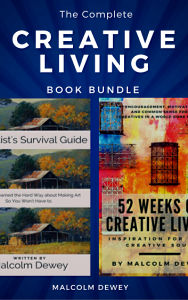|
That old nemesis of mine has stopped by my studio this week. Perhaps it is because I have had a busy few weeks on commissions, which had led me to lower my guard? This this old friend, or should I say fiend, disguises itself in many inviting ways. Before I knew it time had gone and I had nothing to show for it. I speak of procrastination. That artist's bane if I want to get all "middle earth" and dramatic. I have no shortage of ideas for new projects and I have a list to prove it. Yes there is much to do, but... Then I came across the above quote by American artistJohn F Carlson. A renowned landscape artist of the early 20th century and art mentor. There is the notion that we must paint every day to become anywhere near good enough to make it. Well there is much to say about that idea and the debate could go on. I know that I held to that notion as well, but not anymore. I do believe that an artist must paint often and as much as possible, but there must be a foundation first. A foundation of study, thought and preparation. If this means taking time off to think on a subject then do so. To spend a few days sketching, tinkering with color mixes perhaps and then? Action! Spontaneous action that has focus and intent will achieve much more in a day than aimless repetition over six weeks. I particularly love the part where Carlson says "Those who absorb and digest their experiences..." Is that not what being an artist is all about? Writers do their best work when they rely upon their close observations of life and past experiences. Artists who paint simply to record without relying upon their experience will render a painting lacking in emotion. Mountains of strength... Wow! No simpering little brush fiddling about here! Paint with strength and energy. Large brushes, much paint, bold color and strong values. That will do far more for creating a painting with impact than days of overworking in the studio. Spontaneous work can mean diving in and completing a painting alla prima or it can mean approaching the painting session with gusto on day two. The point is to get stuck in and try to let intuition guide you. Often you will find yourself breathless at the end of a painting session. You arm may be tired and you will feel mentally spent. Is that not living fully in the moment? In the end it is about balance between preparation and completion. Both are part of the artist's life and all are connected to produce a worthy painting. It is an attitude that we can all access if we want it. It will not take the fun out of painting or add pressure to produce. I am willing to bet that Carlson's approach of labour and spontaneous action will add excitement and fulfillment to your painting experience. Do you have trouble with procrastination or other creative blocks? How do you deal with them? It would be helpful to hear how other artists deal with this.
Amen! Can you relate?
It seems that every day I need to call on courage to do work on my art, share it and let it go. Courage comes prepacked in the young and appears to diminish over time. Why is that? Sometimes one has to wonder why we still stump up to the easel, keyboard or whatever workstation you have to plug away. It takes courage to show up and do the work. But then who can complain when one has another chance to make good? That is the crux I think. Today could be a breakthrough moment. Hope. It is that bit of excitement at the possibility of doing something special. It opens the curtain to the soul and the light pours in. Create something and risk be damned!
If you like to purchase original art at affordable prices then this news may seem silly. However for galleries that are struggling in these recessionary times this may be good news indeed. Art that is accessible, such as art in an impressionist style, can sell for good prices for both collector and gallery. It is OK to have art that is beautiful for the sake of beauty. You no longer have to grit your teeth at shock art, for instance, to impress your peers. Political art is one thing, but to grace your home? Perhaps not. If you are wondering about the quality of this art then rest assured. A high price does not guarantee good quality. Affordably priced art can be of the highest quality. Most artists are using top quality materials and do take their art very seriously. Any professional artist today will have to strive for producing excellent quality art to survive. High prices at auction has much more to do with provenance. Who owned the art work can hugely inflate auction prices. The recent BBC documentary, What Makes Art Valuable?, provides a fascinating look into the high end art market. Watch the documentary below and be amazed by the prices and motivations behind the purchases of the top 10 most expensive paintings. No doubt there will always be super wealthy collectors making up headline prices, but is there a change in sight? Will art be simply about art again? No price tags taking centre stage, but simply for the transcendence that art brings to artists and collectors alike? It is revealing that many art dealers and collectors in the above documentary rue the outrageous prices. Do these prices have any relationship to the art itself? You decide. Collecting art is fun and I have never regretted purchasing a beautiful painting. I look at these paintings on a daily basis. It is a moment of peace that I am grateful for. I would not like to worry about market prices and insurance. That would ruin the art. In this time of media and information overload it is easy for artists to get caught up in the whole tussle of marketing. This is understandable. The internet and all the possibilities that go with thousands of apps, social media and wireless connectivity compels us to try something. Not to do so seems almost negligent. Are we not supposed to improve our business skills in this new age? Must we not all be self-sufficient and productive?
Aside for a few celebrity artists who can live like recluses while their agents do all the messy marketing, we need to take charge and make things happen. Yes I know that I have only seconds to get a collector's attention when there are so many other artists offering their work online. I know, rather vaguely, that websites must be optimized and this is called SEO. I expect that I will need a teenager to explain it all, but I shan't bother because there are better things to do. Like painting. Running after sales can be time consuming and stressful. Vincent Van Gogh would no doubt agree. So Vincent left this job to his brother Theo, which was not the best move in art marketing history. Yes it is stressful and I find that this hampers my work. Painting is for me an emotional thing. Not technical. Of course there are many techniques in painting, but once I get an idea for a painting I go for it. It is an emotional process. My mood has a direct bearing on the painting. There is simply no getting away from it. Van Gogh's quote above may seem to describe his process as a technical exercise. This is surely a mistake. He was rather talking about persistence. Van Gogh's work is seething with emotion. There is no doubt that Van Gogh, once he had an idea in mind, painted with furious attention. Every brushstroke is filled with vigour. His trees, for instance, would writhe like snakes on fire. The farm fields appear to be baking in the heat and the figures broken and bent under the relentless burdens of rural life. Yes Van Gogh knew how to work hard. He would make an early start each day and sometimes work until after nightfall. Pushing himself to extreme's of mental and physical exertion was evidently the wrong way to go about it. Today the experts would talk about keeping an optimal work-life-balance. Van Gogh had other problems to worry about as we well know. The net result of Van Gogh's dedication is a body of work that is treasured to this day. Is there a more famous artist? There is even a very good song about him and we are all listening now. What to take away from Van Gogh's process is:
Make a start and produce something worthwhile. Start again. That is what artists must do before anything else. What is holding you back from doing the work you would love to do? Self help books abound on this topic. It does seem that since the banks stole everyone's money and plunged us into the Great Recession that having any sort of income is nothing to complain about. Even when the governments gave the banks our hard earned taxes we still had to be grateful to have a roof over our heads. Many lost theirs. But this still does not quell the gut wrenching desire to reach fulfillment. We all need an outlet for our creativty. So that question again. What is holding you back? The answer will come to each artist as soon as that artist decides not to be dictated to by a gatekeeper. What is a gatekeeper? Any person, institution or circumstance that stands in your way from you doing the work you were meant to do. Before you start waving a fist at someone remember that the decision to be held back is your own. Unless you are strapped to a chair you are free to move forward the moment you decide to do so. There are many examples of artists who decided to forge their own path despite the gatekeepers in their path. Monet bypassed the Salon and paved the way for impressionism. Picasso went another direction and became a hero. Contemporary artist Jack Vettriano taught himself to paint then persisted in the face of scorn and vitriol from the establishment (galleries & critics) to become Britain's most popular artist. The decision to persist against the odds applies to all artists and creative people. Recently I watched the trailer to a new movie called Chef. It is about a chef who wants to express his unique creativity, but is frustrated by his boss and his environment. Inevitably he gets fired. "Be an artist in your own time," screams his boss. That is exactly the invitation we all need to hear. So in desperation the chef ends up converting a truck into a restaurant on wheels. This is a big trend these days. Gourmet chefs serving their fans on their own terms. This reminds us that it is the freedom to create on our own terms that is so important in life. We always see freedom when there is nothing to lose. That is something to think about. You be an artist in your own time! It's my restaurant. Forget money as a goal. Freedom to make your own art will produce the rewards both financial and in personal fulfillment. What about recognition? I suspect that these days everyone is famous so no one is. What this means is that the avenues for expression are so many and competion so fierce that pursuing recognition or fame is pointless. Fame is now generic. What matters is keeping the focus on producing good work. This is what the world needs from us. We must strive to do our best work then let it go. Start another project and keep moving forward. So what is holding you back? |
AuthorMalcolm Dewey: Artist. Country: South Africa Archives
June 2024
Categories
All
FREE
|
|


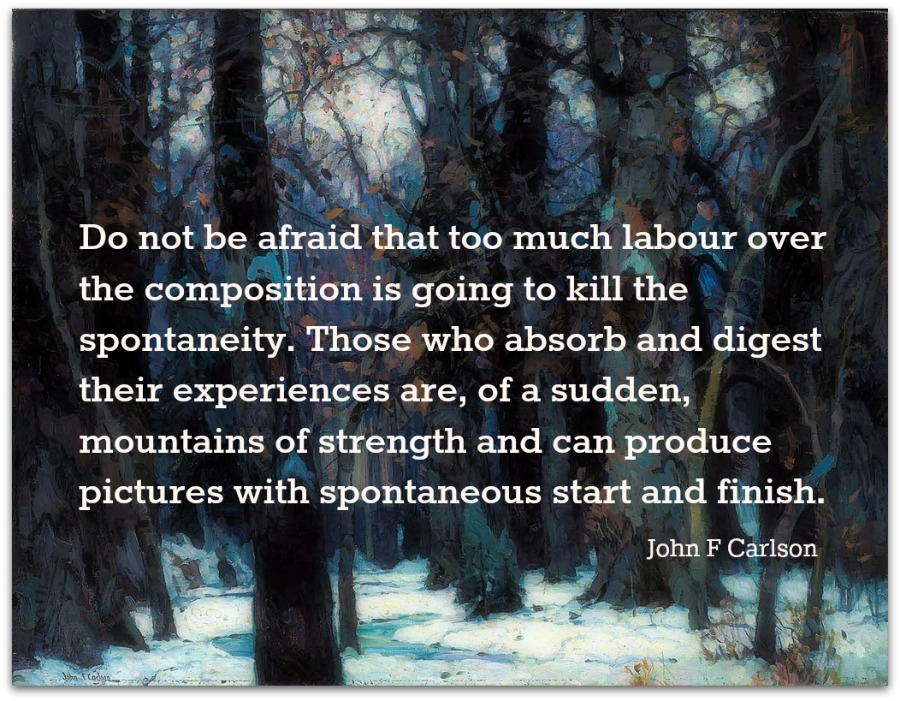

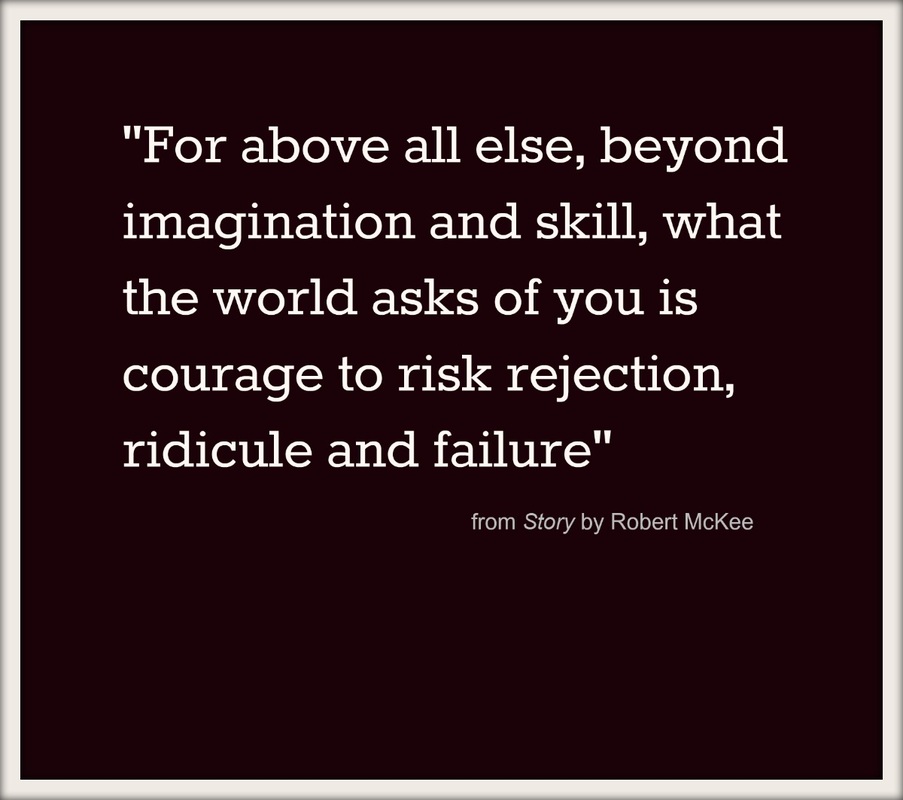
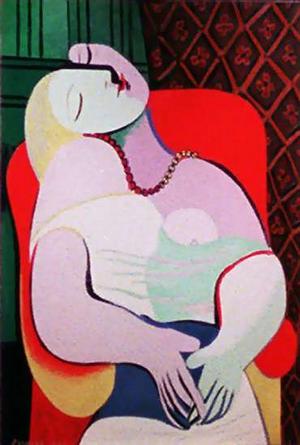
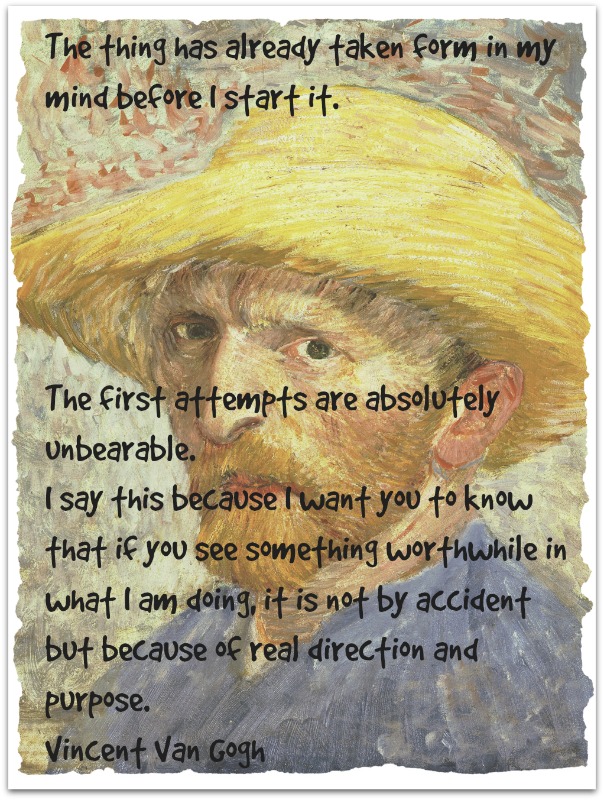
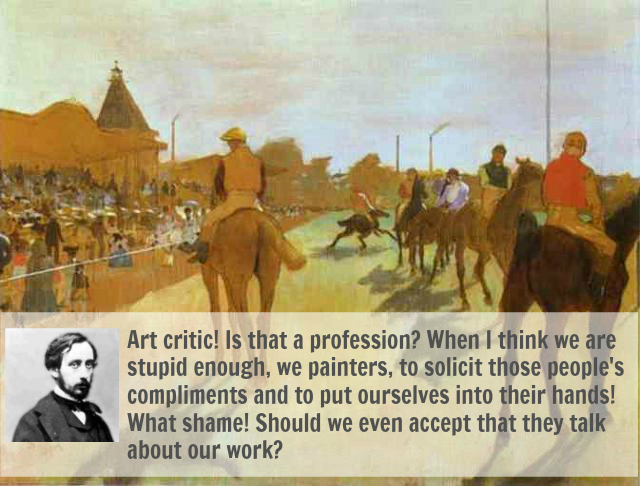
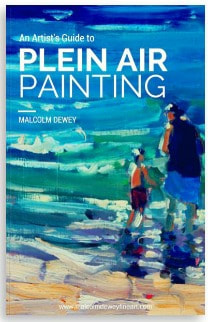
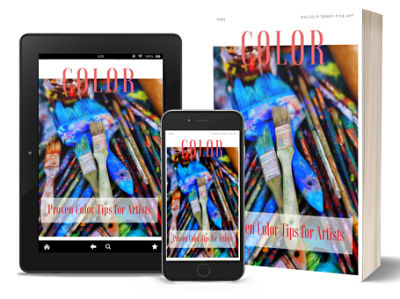
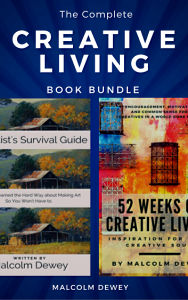
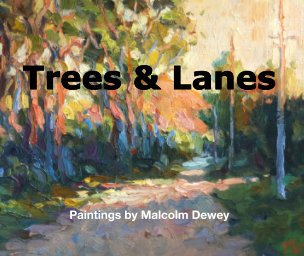

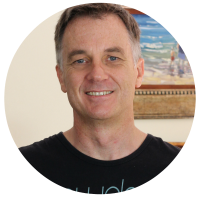
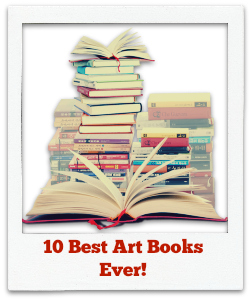
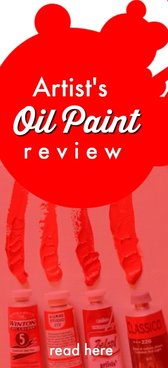
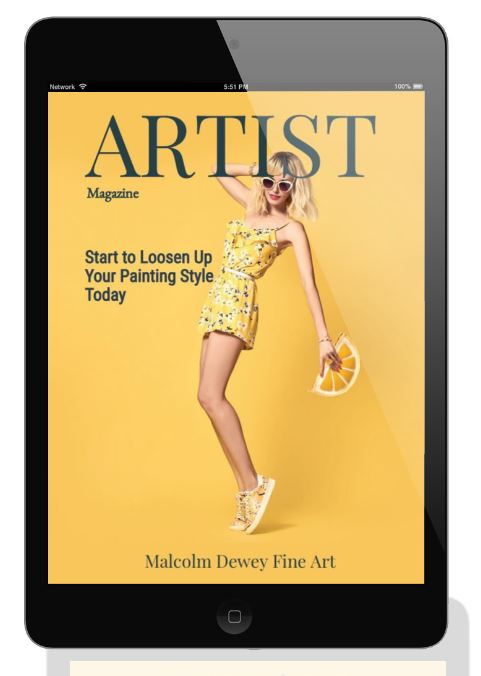
 RSS Feed
RSS Feed
